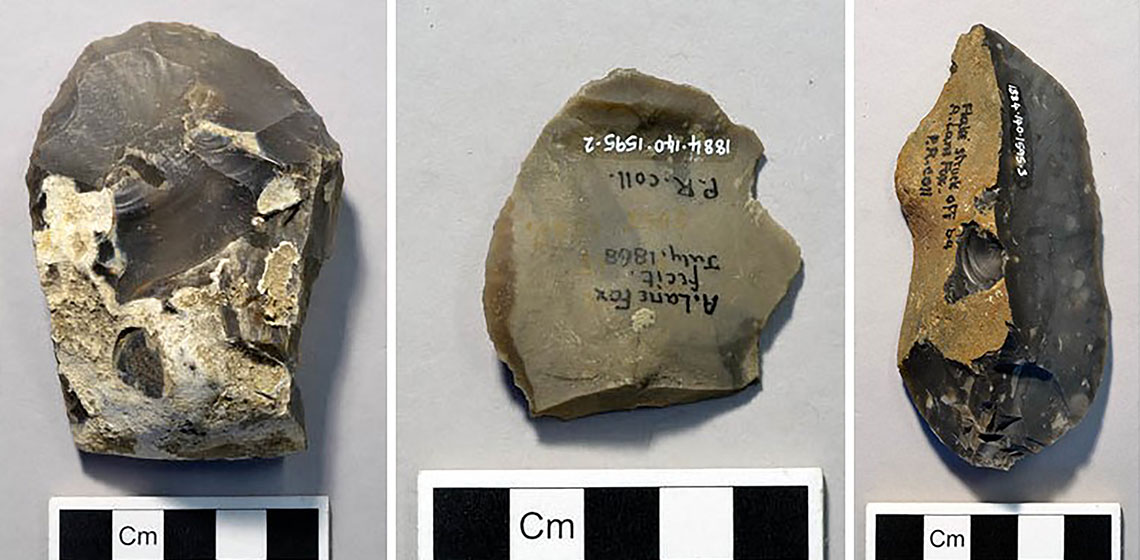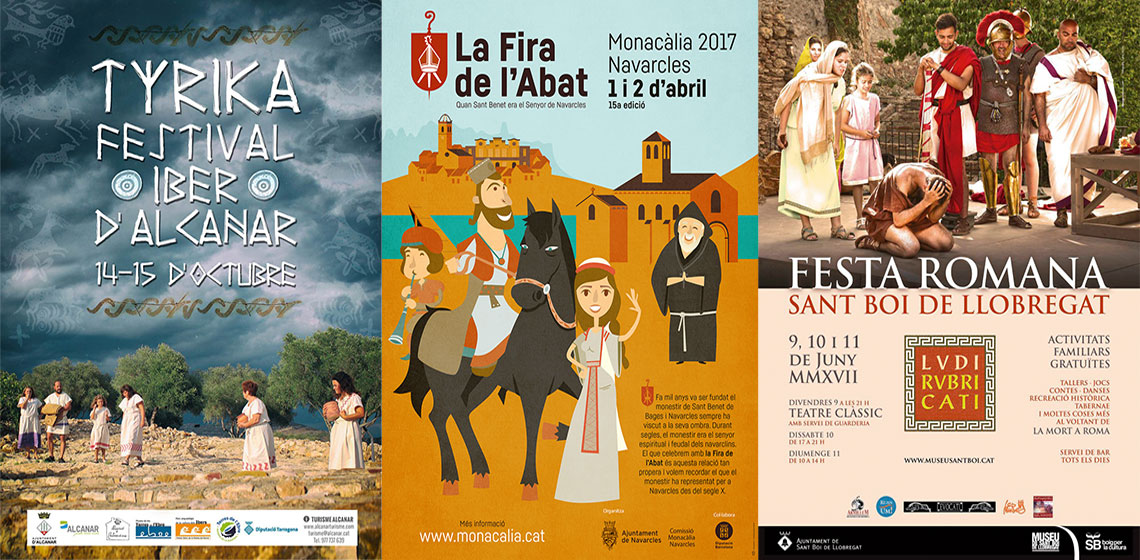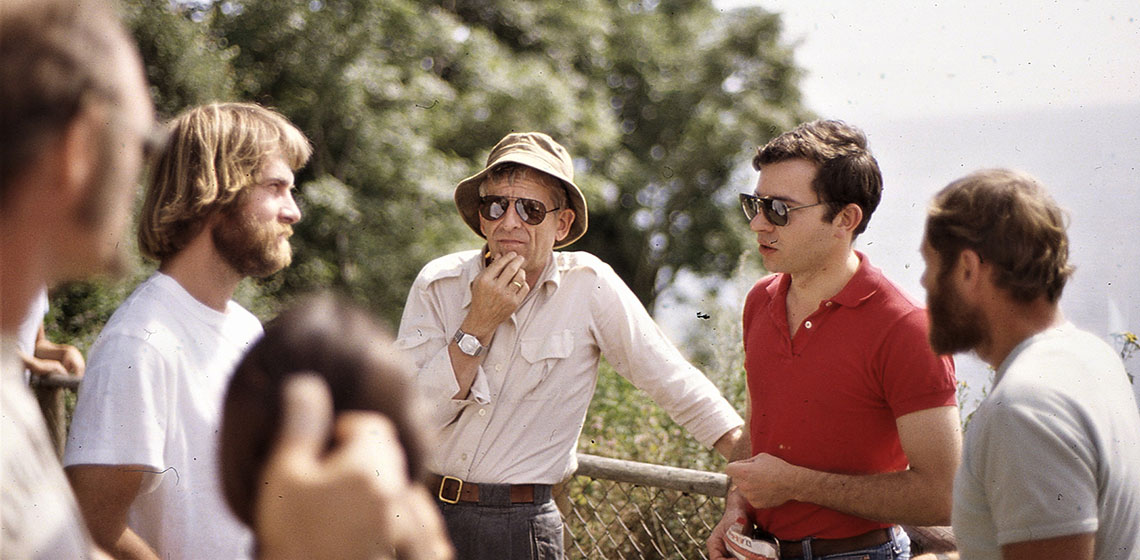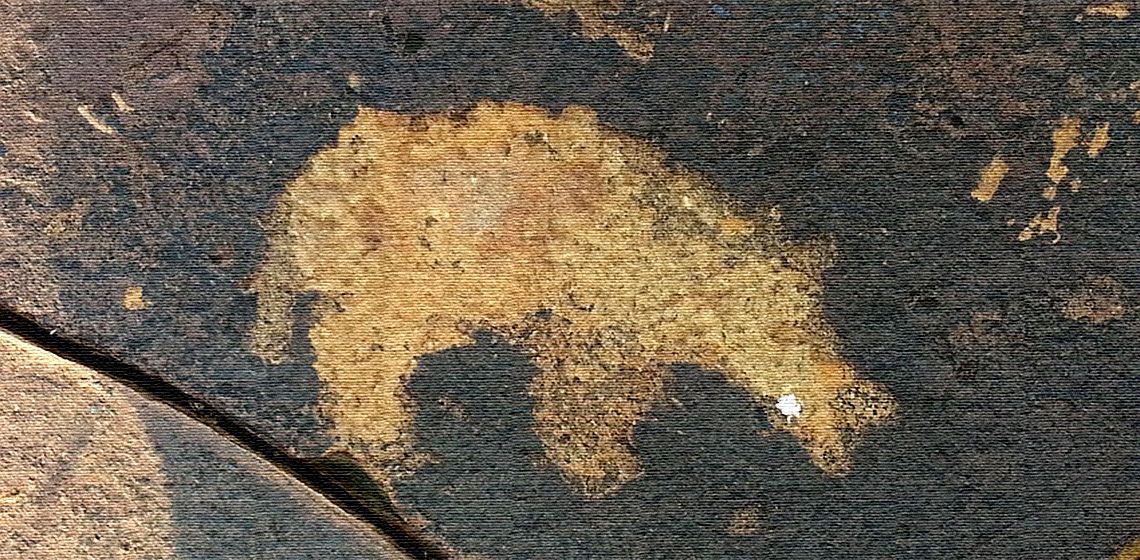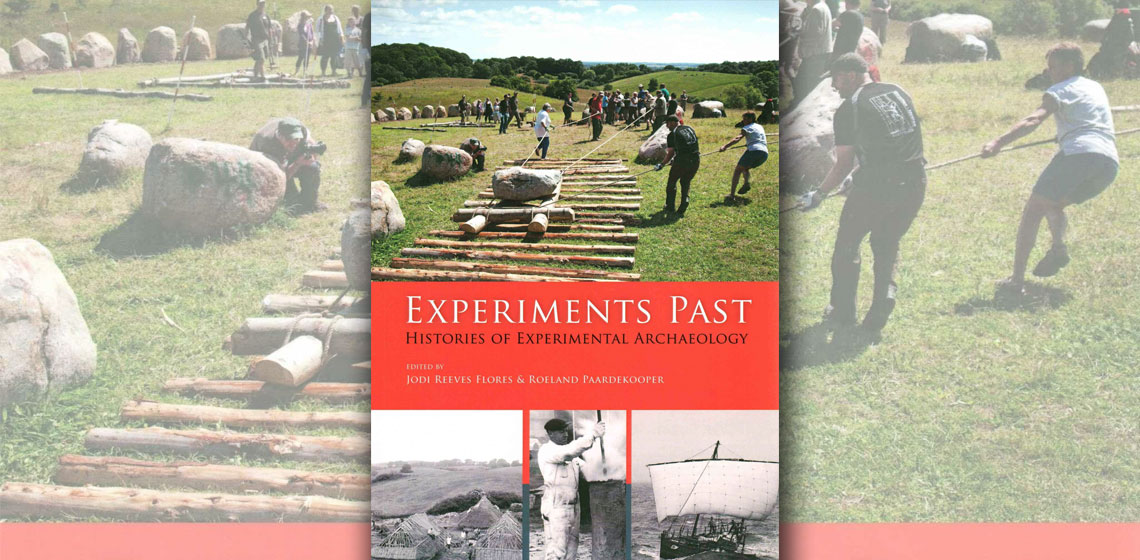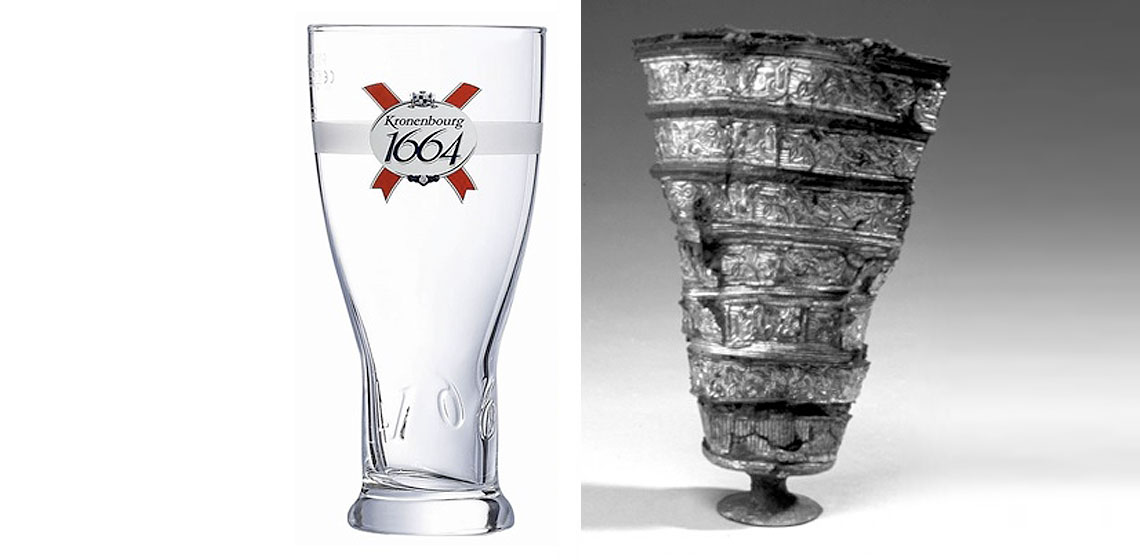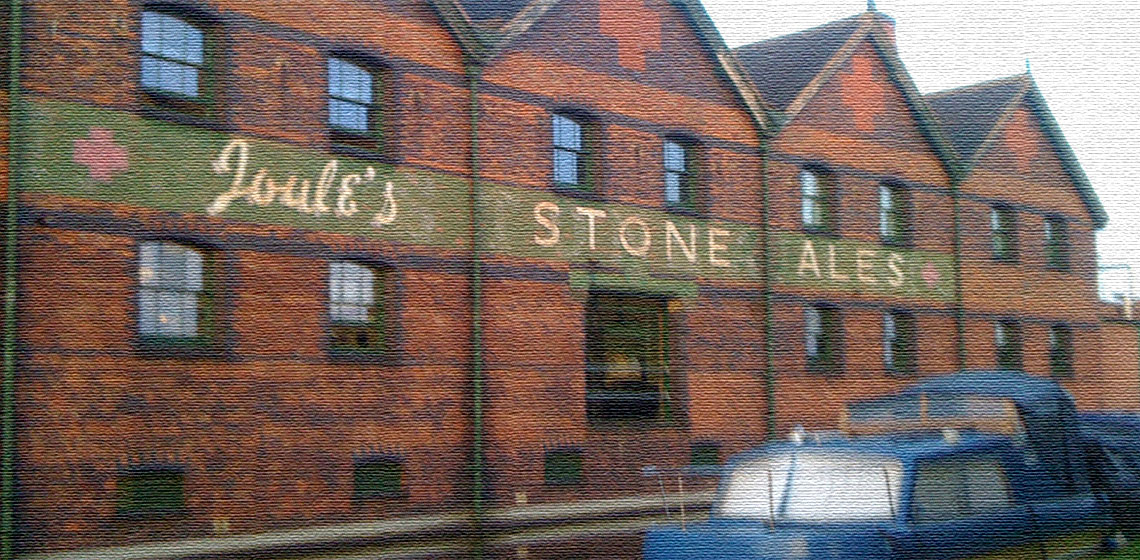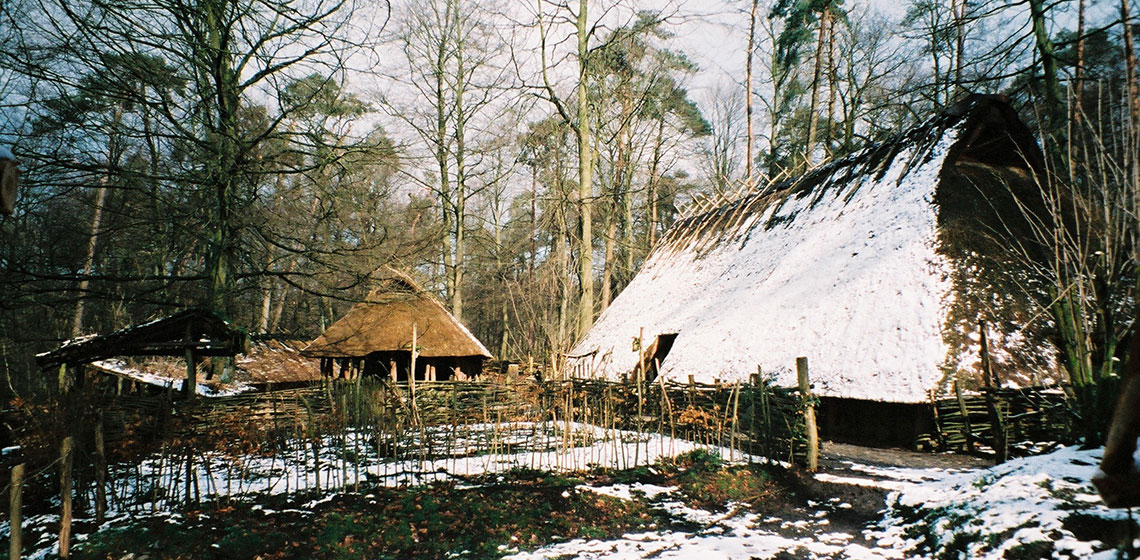history
Early Efforts in Experimental Archaeology: Examples from Evans, Pitt-Rivers, and Abbott
Publication Date
Experimental archaeology formally began more than 150 years ago with attempts in replicative flint knapping by well-known archaeologists such as Sir John Evans, Augustus (Lane Fox) Pitt-Rivers, John Lubbock, and Sven Nilsson (Coles, 1973). These individuals sought to discover how stone tools were made in order to better identify archaeological artifacts as the products of human manufacture and to understand...
Current Trends in Annual Historical Re-Enactments Events in Catalonia. Uses of Cultural Heritage
Publication Date
The project “Re-enactments events in Catalonia” seeks to identify and analyse annually occurring events that make use of cultural heritage and history for the purposes of tourism, economic promotion and dissemination, and for other festive, recreational or educational ends. The activity programmes of all active events currently held in Catalonia were analysed and quantitative data provided in order to...
Obituary: Peter Kelterborn (4 July 1928 – 9 March 2017)
Publication Date
On 9 March 2017, Peter Kelterborn, Swiss civil engineer and experimental archaeologist closed his eyes for good at the age of 89. He was known to many of his colleagues through his well-researched works on prehistorical flint and rock technology, but also from his methodological scientific experiments in archaeology. Many cherished him as a modest and thoughtful colleague, friend and counsellor...
The Best Way of Preserving Something is to Educate about it - Educational Centres in South Africa
Publication Date
This article aims to show the kind of issues South- African archaeologists have, working with public archaeology. A past that was segregated earlier should now be shared, but sharing a common past includes alternative perspectives on history and archaeology, for the archaeologist as well as for the public.
Book Review: "Experiments Past" Edited by Jodi Reeves Flores & Roeland P. Paardekooper
Publication Date
The publication in 1979 of the John Coles’ book Experimental Archaeology can be called the vademecum of the experimental archaeology. Many particular experiments have been published since then, such as A Bibliography of Replicative Experiments in Archaeology (Graham et al. 1972) and...
From Mead to Snakebite - An Ethnography of Modern British University Sports Team Drinking Culture and its Parallels with the Drinking Rituals of the Viking World
Publication Date
7th UK EA Conference Cardiff 2013
***The idea for this paper came, as these things often do, in a bar. The interesting twist was that instead of being an inebriated patron, I was actually working behind the bar observing the scenes of intoxicated students with a bemused expression. What began as a joke...
***The idea for this paper came, as these things often do, in a bar. The interesting twist was that instead of being an inebriated patron, I was actually working behind the bar observing the scenes of intoxicated students with a bemused expression. What began as a joke...
A Personal Experience in Communicating History: Tales From the River Trent
Publication Date
Saturday 1 September dawns gloriously, and is unseasonably sunny. Our fingers are crossed that this is the Indian Summer we'd been praying for all August since we intend to do a lot of walking in the next three weeks...
Archaeological Open-Air Museums in the Netherlands, a Bit of History
Publication Date
This article is a result of my interest in, and experience with, archaeological open-air museums. With the start of HOME Eindhoven in 1982, I became actively involved in these museums and I was one of the people involved from the first moment in EXARC. From 2005 onward, I have been conducting postgraduate research at the University of Exeter into archaeological open-air museums...

